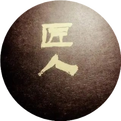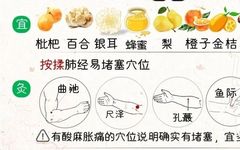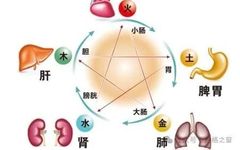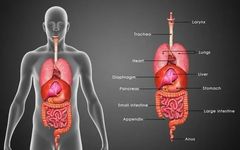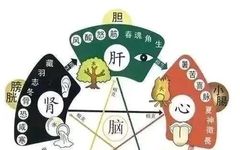Nurturing the Five Organs: Heart, Liver, Spleen, Lung, and Kidney in Traditional Chinese Medicine
In Traditional Chinese Medicine (TCM), the heart (xin), liver (gan), spleen (pi), lung (fei), and kidney (shen) are not only vital organs but also key to maintaining life activities and regulating the body’s balance. The following are the principles of nurturing the five organs summarized from the TCM classic “Huangdi Neijing” and TCM wisdom, aimed … Read more


